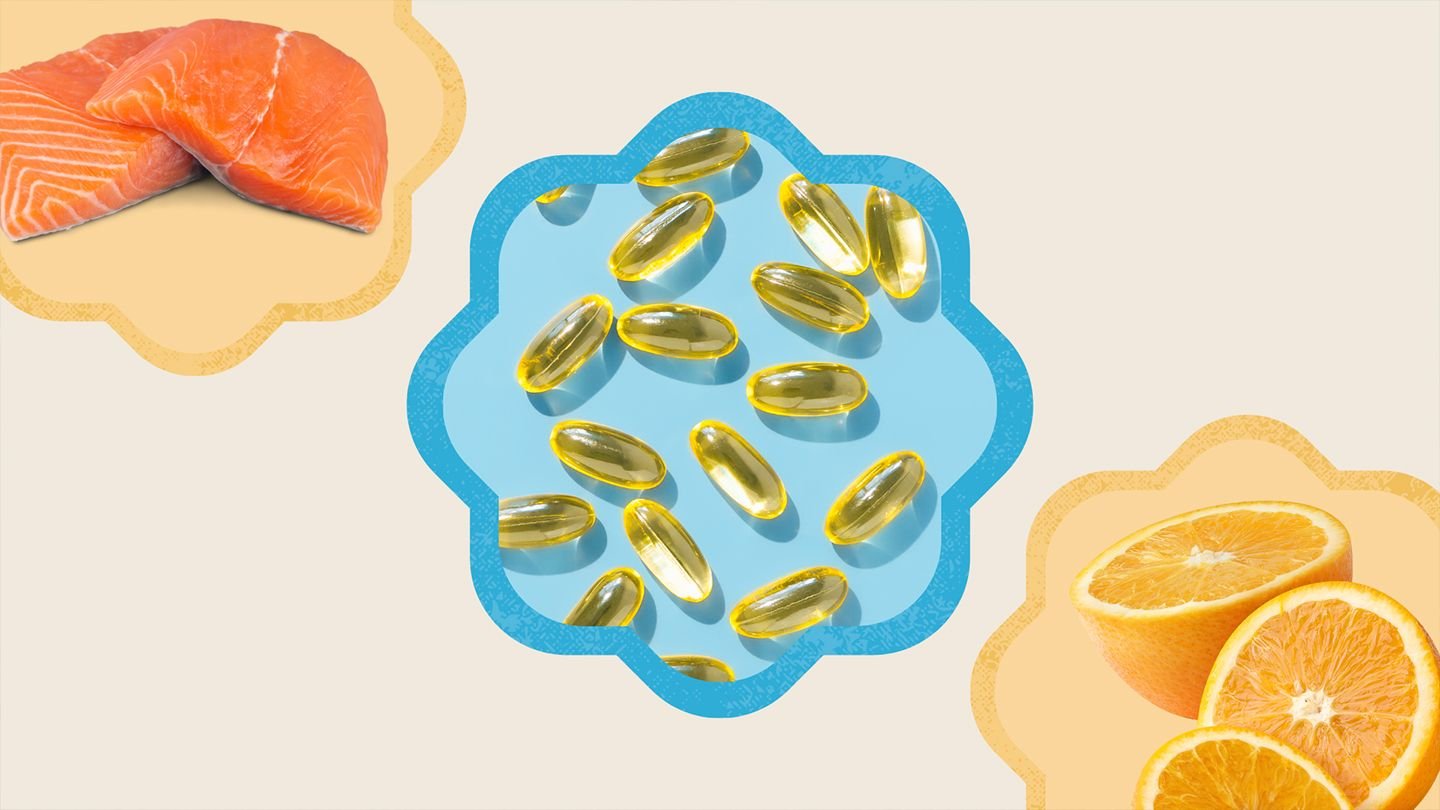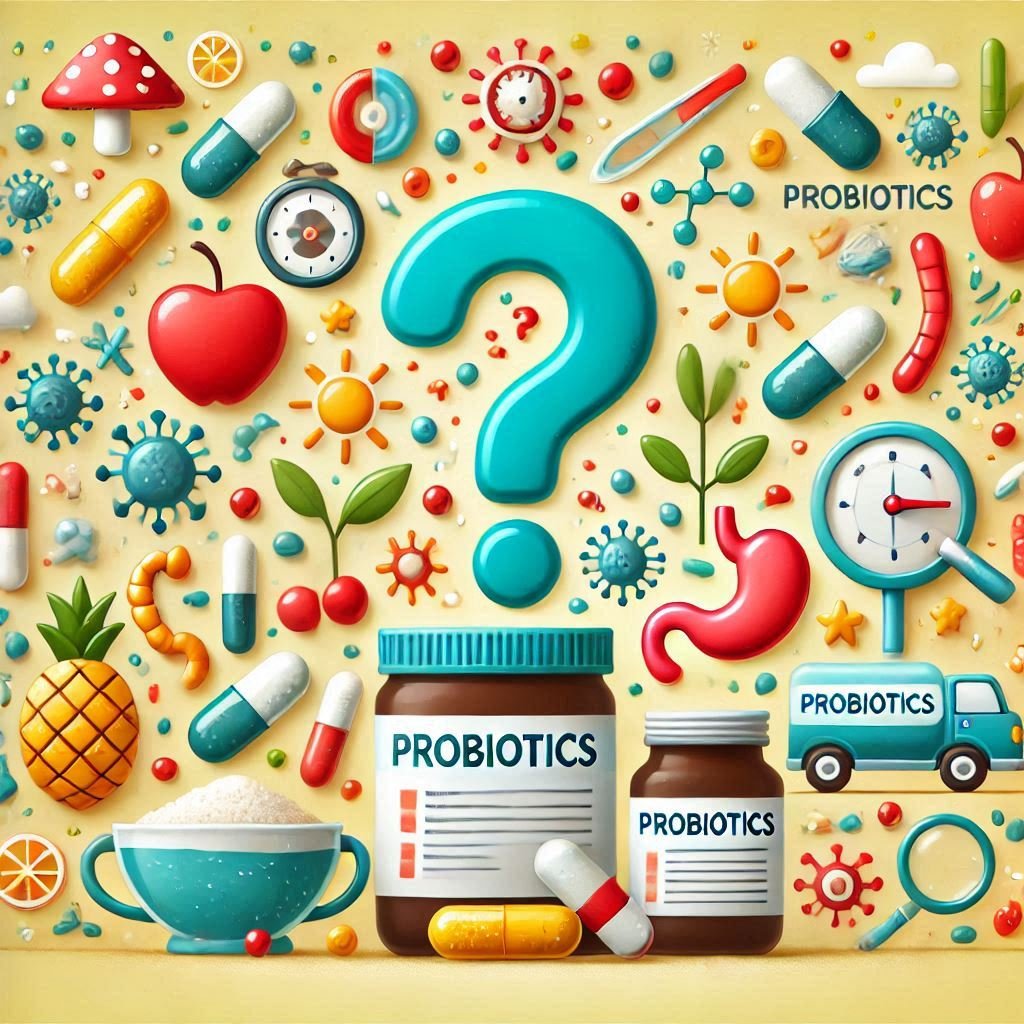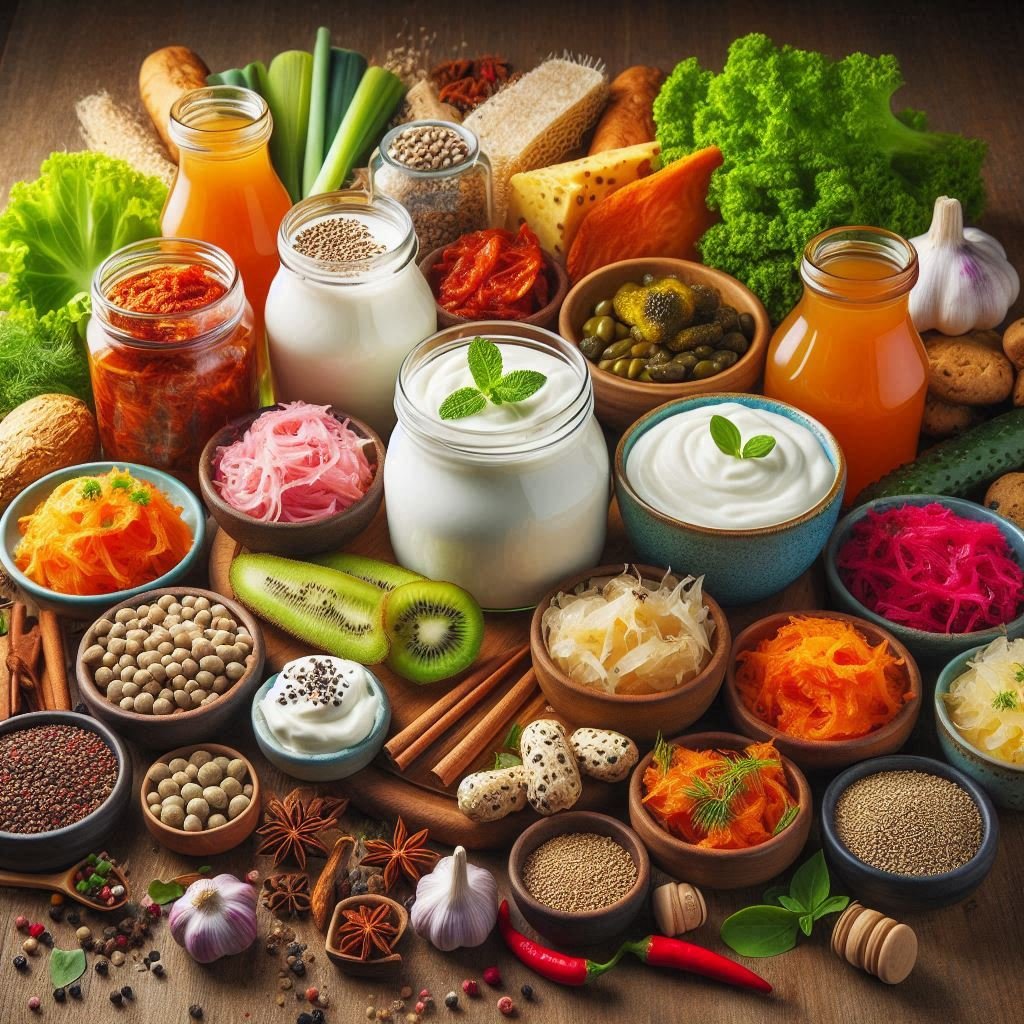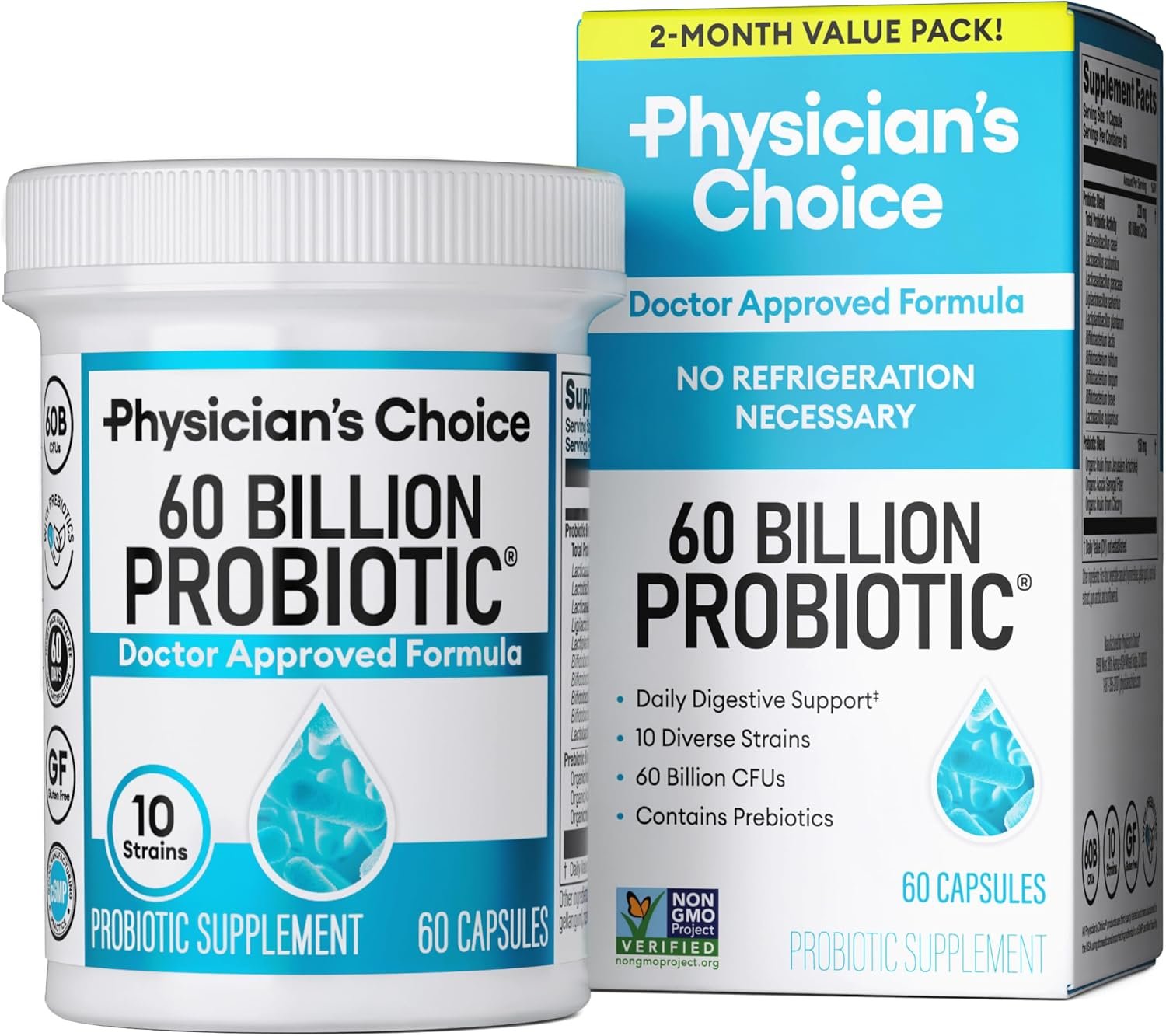Key Vitamins for a Healthy Gut and Digestive System
Maintaining a healthy gut and digestive system is crucial for overall well-being. One key aspect of achieving this is ensuring that you are getting enough of the right vitamins in your diet. Vitamins play a vital role in supporting the health of your gut and digestive system, helping to ensure that everything runs smoothly and efficiently. In this article, we will explore some of the key vitamins that are essential for a healthy gut and digestive system.
Vitamin A
Vitamin A is essential for maintaining the health of the mucosal lining of the intestines. This lining acts as a barrier, protecting the gut from harmful substances and bacteria. Vitamin A also plays a role in supporting the production of digestive enzymes, which are essential for breaking down food and absorbing nutrients. Good food sources of vitamin A include liver, carrots, sweet potatoes, and leafy green vegetables.
- Vitamin A is a fat-soluble vitamin that is crucial for the health of the mucous membranes that line the intestines.
- It helps in the production of mucus, which acts as a protective barrier against harmful pathogens and irritants.
- Deficiency in vitamin A can lead to digestive issues such as diarrhea and poor absorption of nutrients.
Vitamin B
The B vitamins, including B1, B2, B3, B5, B6, B7, B9, and B12, are essential for a healthy digestive system. These vitamins play a key role in converting food into energy, supporting the production of digestive enzymes, and maintaining the health of the gut lining. B vitamins can be found in a variety of foods, including whole grains, nuts, seeds, meat, fish, dairy products, and leafy green vegetables.
- B vitamins are water-soluble and are involved in various metabolic processes in the body.
- They help in the breakdown of carbohydrates, fats, and proteins, which are essential for proper digestion and nutrient absorption.
- Deficiency in B vitamins can lead to digestive issues such as constipation, bloating, and indigestion.
Vitamin C
Vitamin C is a powerful antioxidant that plays a key role in supporting the health of the gut lining. It helps to protect the gut from oxidative stress and inflammation, which can damage the delicate tissues of the digestive system. Vitamin C also supports the production of collagen, which is essential for maintaining the structure of the gut lining. Good food sources of vitamin C include citrus fruits, strawberries, bell peppers, and kiwi.
- Vitamin C is essential for the synthesis of collagen, a protein that provides structure and support to the gut lining.
- It also helps in the repair and regeneration of tissues that line the digestive tract.
- Deficiency in vitamin C can lead to weakened gut lining and increased susceptibility to infections.
Vitamin D
Vitamin D is important for supporting immune function and reducing inflammation in the gut. It also plays a role in maintaining the balance of beneficial bacteria in the gut microbiome. Vitamin D can be obtained through exposure to sunlight, as well as through foods such as fatty fish, eggs, and fortified dairy products.
- Vitamin D helps in the absorption of calcium and phosphorus, which are essential for gut health.
- It also regulates the immune response in the gut, helping to prevent inflammation and autoimmune reactions.
- Deficiency in vitamin D has been linked to gut disorders such as inflammatory bowel disease and irritable bowel syndrome.
Vitamin E
Vitamin E is a powerful antioxidant that helps to protect the gut lining from damage caused by oxidative stress. It also plays a role in supporting the immune system and reducing inflammation in the gut. Good food sources of vitamin E include nuts, seeds, vegetable oils, and leafy green vegetables.
- Vitamin E protects the gut lining from free radical damage and oxidative stress.
- It also helps in the repair and regeneration of damaged tissues in the digestive tract.
- Deficiency in vitamin E can lead to inflammation and increased risk of gut infections.
Vitamin K
Vitamin K is essential for maintaining the health of the gut lining and supporting blood clotting. It also plays a role in supporting the growth of beneficial bacteria in the gut microbiome. Good food sources of vitamin K include leafy green vegetables, fermented foods, and certain animal products.
- Vitamin K is crucial for the synthesis of proteins that are involved in blood clotting and wound healing.
- It also helps in the maintenance of a healthy gut microbiome by supporting the growth of beneficial bacteria.
- Deficiency in vitamin K can lead to impaired digestion and absorption of nutrients.
In conclusion, getting enough of the right vitamins is essential for maintaining a healthy gut and digestive system. By including a variety of nutrient-rich foods in your diet, you can ensure that you are providing your body with the vitamins it needs to support optimal digestive health. Remember to consult with a healthcare provider before making any changes to your diet or supplement routine.
FAQ
- What role does Vitamin A play in maintaining a healthy gut and digestive system?
Vitamin A is essential for maintaining the health of the mucosal lining of the intestines, acting as a barrier against harmful substances and bacteria. It also supports the production of digestive enzymes necessary for breaking down food and absorbing nutrients.
- Where can B vitamins be found and how do they contribute to a healthy digestive system?
B vitamins, including B1, B2, B3, B5, B6, B7, B9, and B12, can be found in foods such as whole grains, nuts, seeds, meat, fish, dairy products, and leafy green vegetables. They play a crucial role in converting food into energy, supporting the production of digestive enzymes, and maintaining the health of the gut lining.
- How does Vitamin C benefit the gut and digestive system?
Vitamin C is a powerful antioxidant that protects the gut from oxidative stress and inflammation, maintaining the health of the gut lining. It also supports collagen production, essential for the structure of the gut lining. Good food sources of vitamin C include citrus fruits, strawberries, bell peppers, and kiwi.
- What is the importance of Vitamin D for the gut and digestive system?
Vitamin D supports immune function, reduces inflammation in the gut, and maintains a balance of beneficial bacteria in the gut microbiome. It can be obtained through sunlight exposure and foods like fatty fish, eggs, and fortified dairy products.



